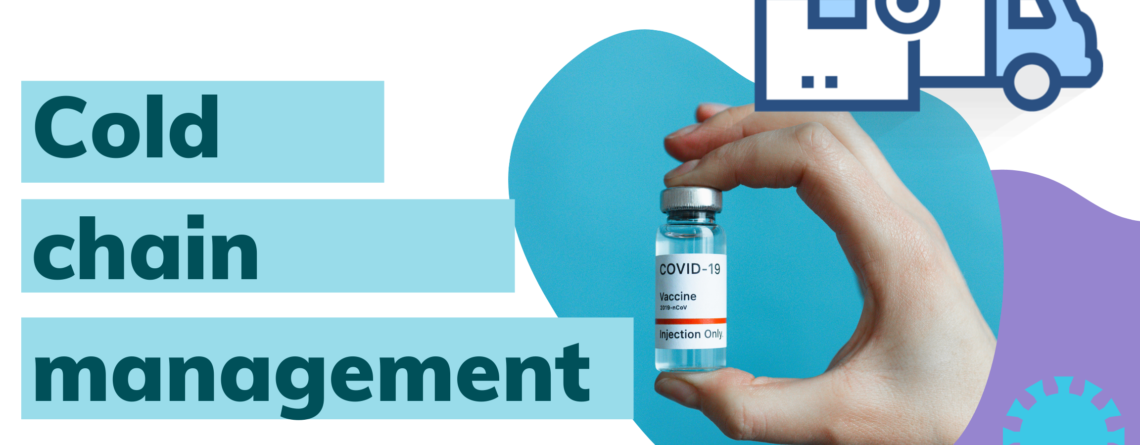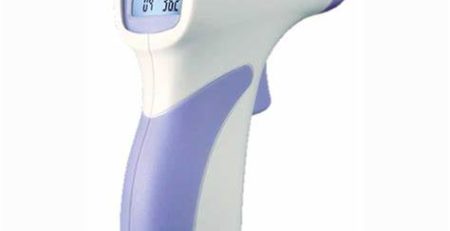
22
Vaccines are one of the most effective tools we have for preventing and controlling infectious diseases. However, vaccines are also delicate products that require careful handling and storage to maintain their quality and efficacy. One of the most important factors in vaccine storage and transport is maintaining the cold chain, a continuous process that keeps vaccines within a recommended temperature range.
What is the Cold Chain?
The cold chain is a temperature-controlled supply chain that ensures that vaccines are stored and transported at the correct temperature to maintain their quality and effectiveness. The recommended temperature range for most vaccines is between 2°C and 8°C (36°F and 46°F). Any deviation from this range can compromise the efficacy of the vaccine and put public health at risk.
The cold chain begins with the manufacturer, who stores vaccines at the recommended temperature until they are ready for shipment. The vaccines are then transported to a regional storage facility, where they are stored until they are distributed to healthcare providers. Along the way, the vaccines must be kept within the recommended temperature range to ensure their quality.
The Role of WHO PQS Approved Loggers
To ensure that vaccines remain within the recommended temperature range during transport and shipment, vaccine manufacturers, distributors, and healthcare providers rely on data loggers. Data loggers are electronic devices that monitor and record temperature and other environmental conditions, such as humidity and light exposure. The data collected by data loggers can be downloaded and analyzed to ensure that vaccines have been stored and transported within the recommended temperature range.
The World Health Organization’s (WHO) PQS program evaluates and pre-qualifies data loggers for use in vaccine storage and transport. PQS Approved data loggers have undergone rigorous testing to demonstrate their performance, quality, and safety in monitoring the temperature of vaccines. The PQS program assesses data loggers based on their accuracy, precision, stability, and durability under various environmental conditions.
Using WHO PQS Approved data loggers helps to ensure that vaccines are stored and transported within the recommended temperature range, and helps to maintain the quality and efficacy of the vaccine. Healthcare providers can use the data collected by data loggers to identify and address any temperature deviations that may have occurred during transport or storage.
Transporting Vaccines Safely
Transporting vaccines safely requires careful planning and attention to detail. Here are some best practices for vaccine transport and shipment:
Use insulated shipping containers: Insulated shipping containers help to maintain the temperature of vaccines during transport. The containers should be pre-conditioned to the recommended temperature range before the vaccines are loaded.
Use ice packs or refrigerants: Ice packs or refrigerants can be used to help maintain the temperature of vaccines during transport. These should be carefully monitored to ensure that they do not freeze the vaccines or cause temperature fluctuations.
Monitor temperature during transport: Data loggers should be placed inside the shipping container to monitor the temperature during transport. The data should be downloaded and analyzed upon arrival to ensure that the vaccines have remained within the recommended temperature range.
Use qualified transportation providers: Transportation providers should be qualified to transport vaccines and should have systems in place to maintain the cold chain. This may involve using refrigerated vehicles or trained personnel to handle the vaccines.
Conclusion
Maintaining the cold chain is critical for ensuring the quality and efficacy of vaccines during storage and transport. WHO PQS Approved data loggers are an essential tool for monitoring and maintaining the cold chain. Healthcare providers can use data loggers to ensure that vaccines are stored and transported within the recommended temperature range, and to identify and address any temperature deviations that may occur. By following best practices for vaccine transport and shipment, we can help to ensure that vaccines reach. We here at Phi Sigma would be delighted to answer more questions or help with your queries . More information on our VAC-TL product is available here.
Our qualified team of professionals would love to talk to you about questions or any requirements. Talk to our team now using the contact button for questions or needs.







